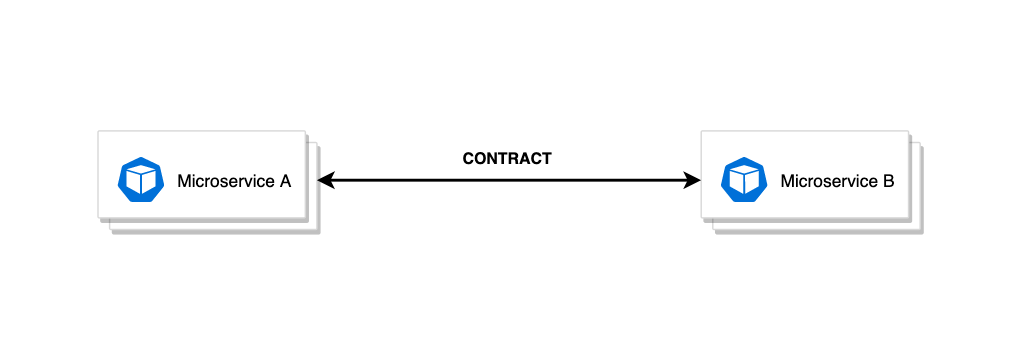What is it? Why is it important?
This is a series of posts I’m doing about designing microservices. Keep posted I will link them up when they are all ready!
When you are designing a microservices architecture, whether you are using a REST or messaging approach for communication between microservices, you have to design the APIs/messages and how a microservice will interact with each other.
One of the most important aspects of the microservices architectures is the ability to work on and deploy a microservice, completely independent of each other. To achieve this, each microservice must provide a well-defined, versioned contract.
The microservices contract
A microservice contract is between the service and its clients. The main goal is that you can make changes to the service without affecting the clients, nevertheless if the clients are aware of the service changes or not.
Even if you spent a lot of time the first time, designing the initial contract, for certain, the API will need to change over time.
When the time comes to update an API, it is important to understand the difference between breaking and non-breaking changes, when a major release is required and when to dispose of an old version.
When the changes are small, for example, adding a new parameter to the API, if that parameter isn’t business-critical, the clients should be able to consume the API in the old way, without sending or expecting to receive that parameter, and the server should fill the blanks with default values.
However, if you are doing a major, backward-incompatible, change to the API, you will need to maintain the old version for some time because you as a service cannot force your clients to update immediately.
If you are using a REST approach, one way is to add a versioning number in the path, for example /app/v1/service, app/v2/service. This way you can have two or more versions of your microservice available.
That is key to understand, if you are not doing a breaking change, there is no need for a new version of your contract.
